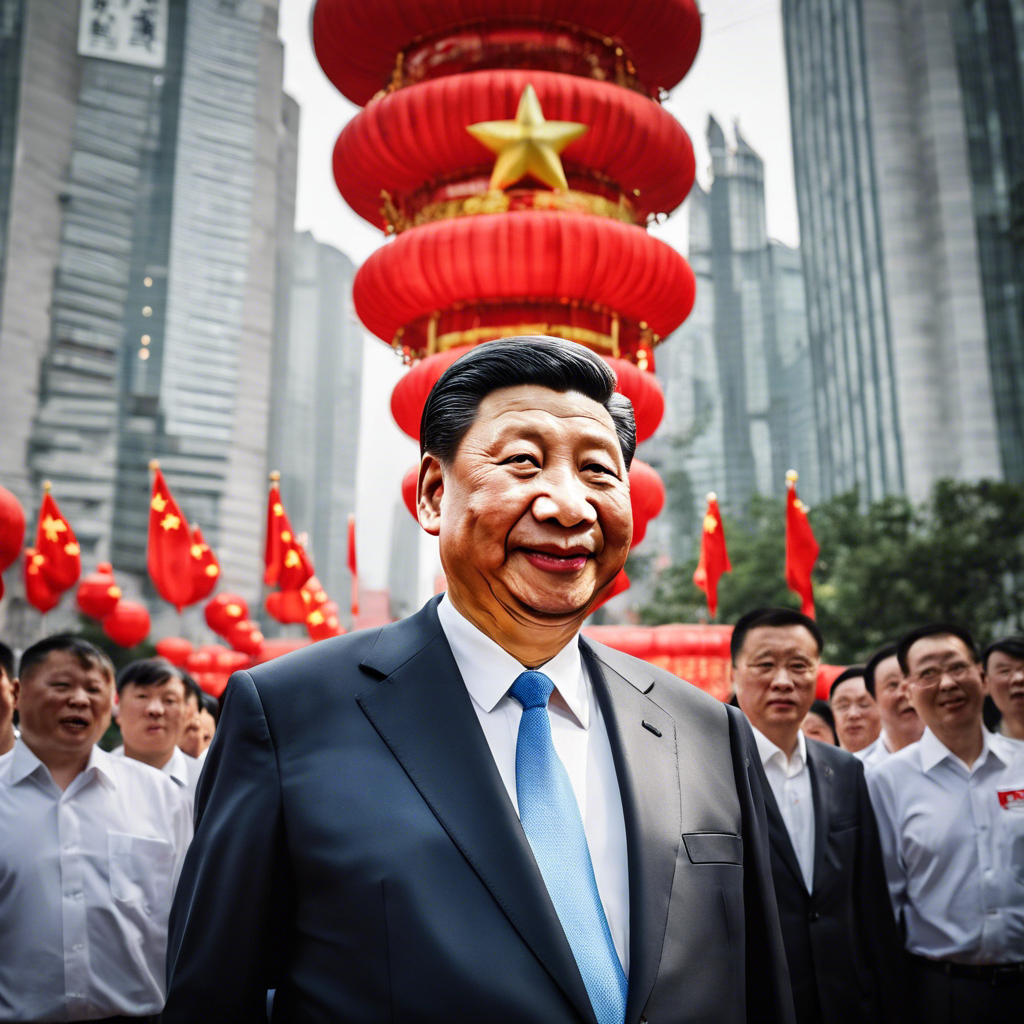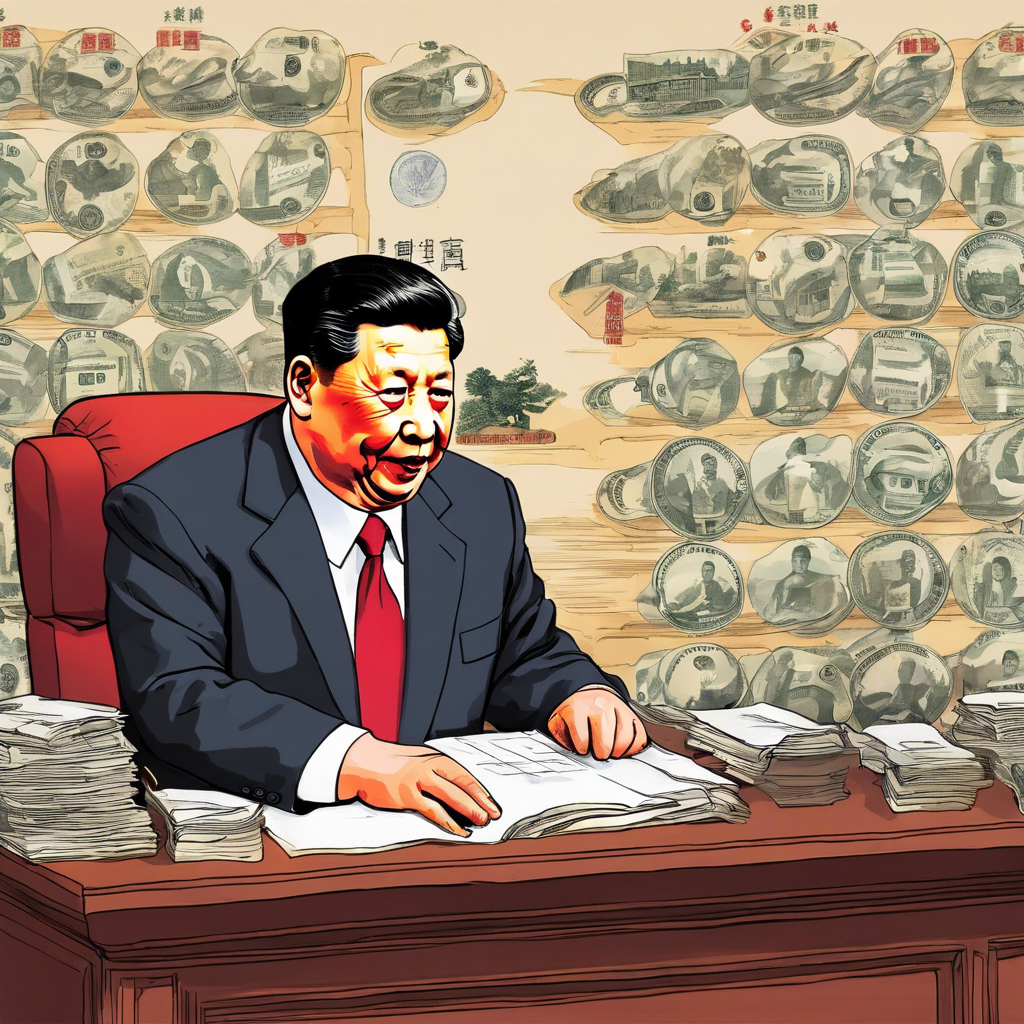Chinese Leader Xi Jinping Visits Shanghai Amid Economic Challenges

Xi Jinping’s visit to Shanghai signals efforts to bolster China’s economy and financial markets
Chinese leader Xi Jinping made his first visit to Shanghai in three years, as his government faces mounting challenges in propping up the country’s economy and financial markets. The visit comes at a time when business confidence in China is waning, and foreign companies are withdrawing from the country. With a stagnating economy, real estate crisis, record youth unemployment, debt-ridden local governments, and an aging population, China is grappling with numerous issues. Xi’s visit to Shanghai aims to address these challenges and demonstrate the government’s commitment to economic stability and growth.
Strained Business Confidence and Foreign Investment
China’s business environment has been affected by Beijing’s tighter control over businesses and strained relations with the West. These factors have led to a decline in foreign investment, with the gauge of foreign direct investment into China turning negative for the first time since 1998. Foreign companies are increasingly cautious about investing in China, which has raised concerns about the country’s economic outlook.
Ailing Manufacturing Sector
Data released by the Chinese government showed a further contraction in factory output, as the official manufacturing Purchasing Managers’ Index slipped to 49.4 in November from 49.5 in October. This decline indicates a struggling manufacturing sector and weak demand. The government’s focus on revitalizing the manufacturing sector is crucial for boosting economic growth and job creation.
Prioritizing the Real Economy and Financial Powerhouse
Xi Jinping’s visit to the Shanghai Futures Exchange emphasized his commitment to building China into a financial powerhouse. The government aims to ensure that the financial sector serves the real economy effectively. This focus on strengthening the connection between finance and the real economy is crucial for sustainable economic development.
Emphasizing Scientific and Technological Innovation
Xi’s visit to a tech exhibition in Shanghai highlighted the importance of scientific and technological innovation in China’s overall development. The president’s interest in a walking humanoid robot showcased the government’s emphasis on technological advancements. Shanghai is expected to play a leading role in the country’s reform, opening up, and tech innovation.
Efforts to Promote Growth and Stability
In recent months, Xi’s government has implemented measures to promote growth and stabilize the financial markets. Capital controls in Beijing and Shanghai were relaxed to attract foreign investment. Additionally, the parliament approved significant sovereign debt for infrastructure spending. These efforts demonstrate the government’s commitment to stimulating economic growth and addressing key challenges.
Conclusion:
Xi Jinping’s visit to Shanghai comes at a critical moment for China’s economy. As the country faces a range of economic challenges, including strained business confidence, a struggling manufacturing sector, and declining foreign investment, Xi’s visit signals the government’s commitment to addressing these issues. By prioritizing the real economy, building a financial powerhouse, emphasizing scientific and technological innovation, and implementing measures to promote growth and stability, the Chinese government aims to navigate through these challenges and ensure sustainable economic development. The outcome of these efforts will have far-reaching implications for China’s future and its position in the global economy.










